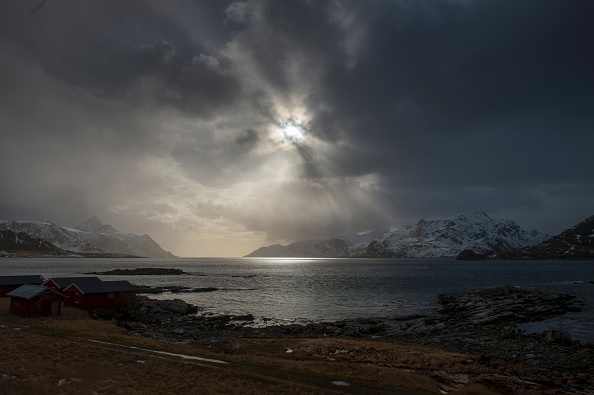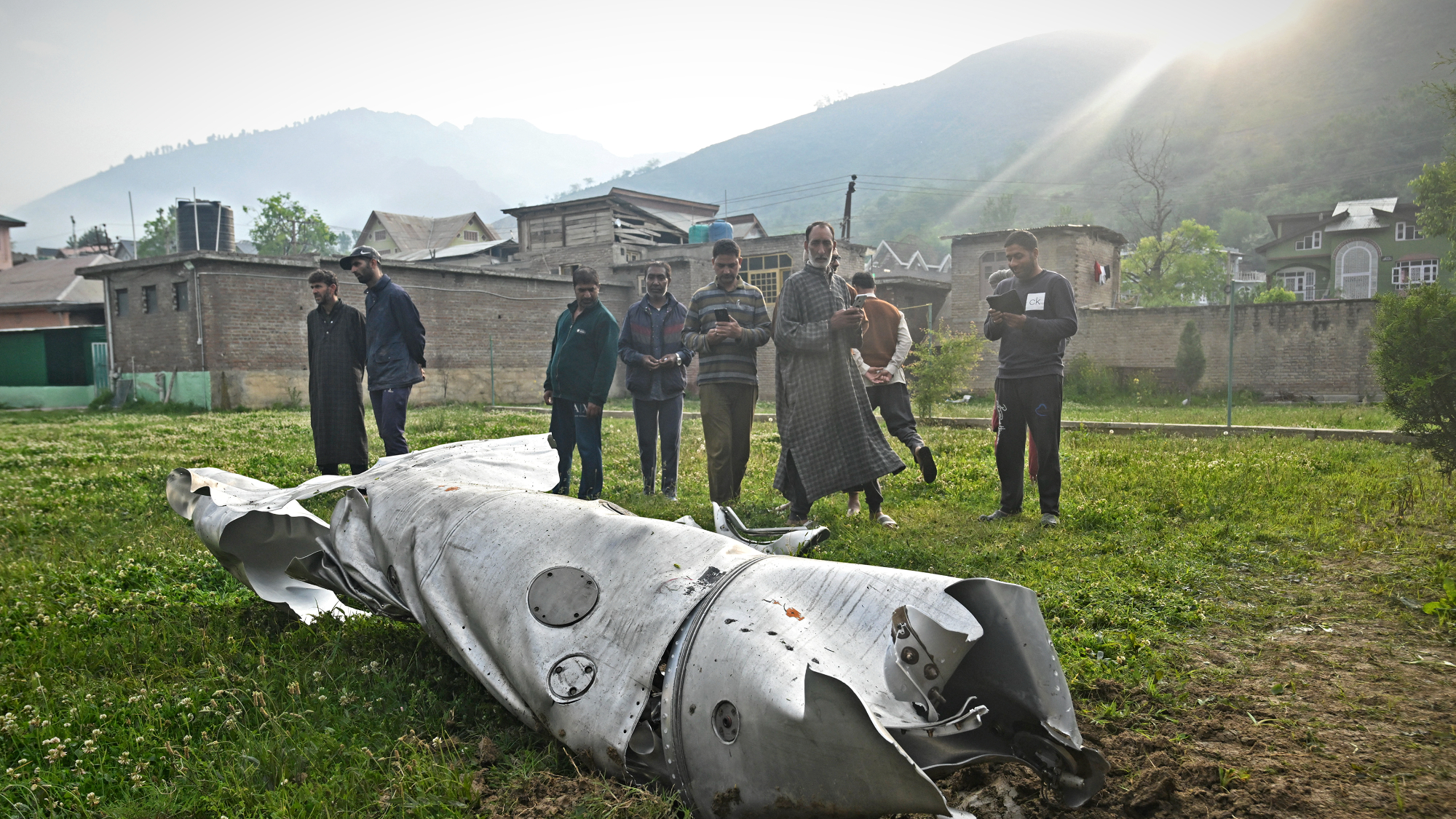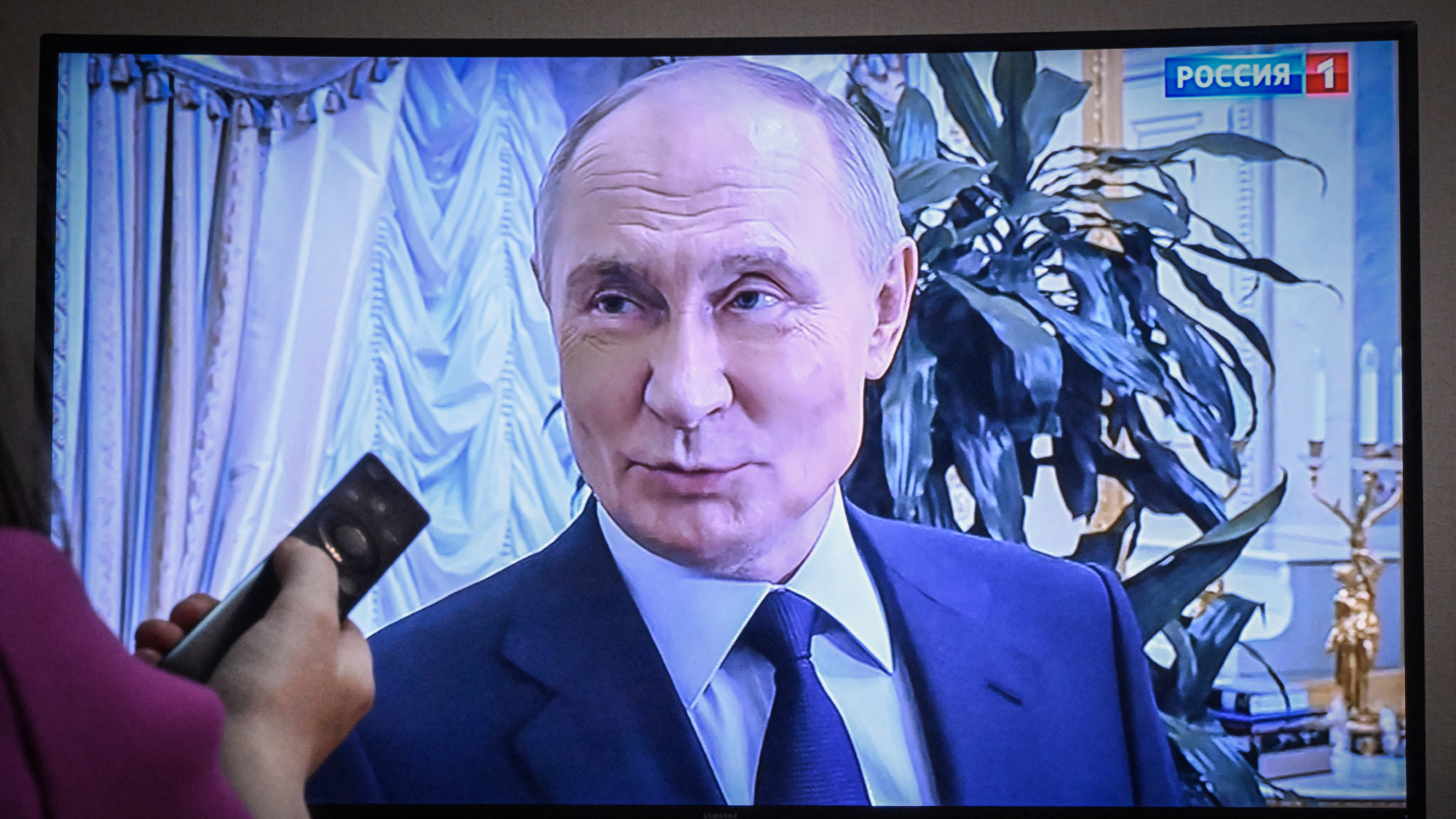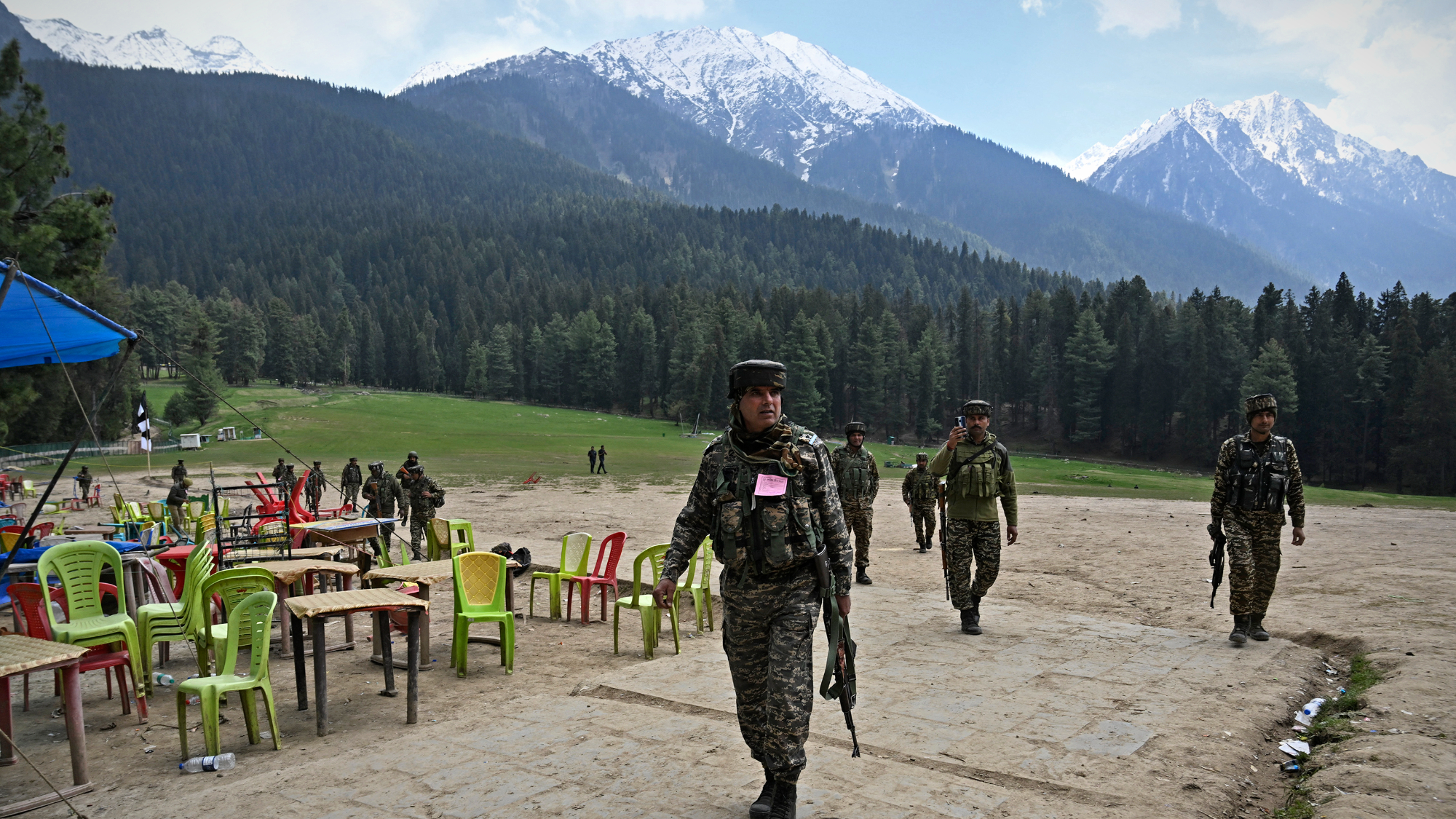Climate change models might have been wrong. The Earth could be warming even faster than we thought.


Computer models used to predict climate change could have a major flaw in how they determine the ability of clouds to cool the planet, a new paper published in Science suggests — and, if true, the new research means that making progress against rising temperatures is going to be even more difficult than was long expected.
The new paper looked at "mixed-phase" clouds, which are made up of both cooled water and ice crystals, The New York Times reports. Using data from a satellite monitoring the particles in the atmosphere, mixed-phase clouds appear to scientists to have more water and less ice than was first expected. Because water reflects solar radiation back into the sky, watery clouds help slow warming. But with less ice to begin with, there is naturally less of an ability for water to replace the ice, according to the scientists behind the new research. As a result, more warming occurs than was at first predicted.
If the data proves to be true, it could mean there will be an additional 1.3 degrees Celsius of warming than was modeled previously. Last year's climate talks in Paris had scientists agreeing to keep temperatures from rising more than 1.5 degrees over the Earth's temperature during the preindustrial era. That would have required keeping global temperatures from rising more than 2 degrees Celsius — so if the research on clouds proves to be correct, the range remaining for the Paris goal has shrunk to just 0.2 degree Celsius from 0.7 degrees.
Subscribe to The Week
Escape your echo chamber. Get the facts behind the news, plus analysis from multiple perspectives.

Sign up for The Week's Free Newsletters
From our morning news briefing to a weekly Good News Newsletter, get the best of The Week delivered directly to your inbox.
From our morning news briefing to a weekly Good News Newsletter, get the best of The Week delivered directly to your inbox.
"Every model will react differently: It could be higher, it could be lower [than 1.3 degrees]," the paper's author, Ivy Tan, said. "The point is, it's going to result in a significant amount of warming."
Sign up for Today's Best Articles in your inbox
A free daily email with the biggest news stories of the day – and the best features from TheWeek.com
Jeva Lange was the executive editor at TheWeek.com. She formerly served as The Week's deputy editor and culture critic. She is also a contributor to Screen Slate, and her writing has appeared in The New York Daily News, The Awl, Vice, and Gothamist, among other publications. Jeva lives in New York City. Follow her on Twitter.
-
 India strikes Pakistan as tensions mount in Kashmir
India strikes Pakistan as tensions mount in Kashmirspeed read Pakistan's Prime Minister Shehbaz Sharif called it an 'act of war'
-
 Israel approves plan to take over Gaza indefinitely
Israel approves plan to take over Gaza indefinitelyspeed read Benjamin Netanyahu says the country is 'on the eve of a forceful entry'
-
 Putin talks nukes as Kyiv slated for US air defenses
Putin talks nukes as Kyiv slated for US air defensesspeed read 'I hope they will not be required,' Putin said of nuclear weapons on Russian state TV
-
 US, Ukraine sign joint minerals deal
US, Ukraine sign joint minerals dealspeed read The Trump administration signed a deal with Ukraine giving the US access to its mineral wealth
-
 What happens if tensions between India and Pakistan boil over?
What happens if tensions between India and Pakistan boil over?TODAY'S BIG QUESTION As the two nuclear-armed neighbors rattle their sabers in the wake of a terrorist attack on the contested Kashmir region, experts worry that the worst might be yet to come
-
 Israel launches air strike on Beirut suburbs
Israel launches air strike on Beirut suburbsSpeed Read The attack targeting Hezbollah was Israel's third on the Lebanese capital since November's ceasefire
-
 Dozens dead in Kashmir as terrorists target tourists
Dozens dead in Kashmir as terrorists target touristsSpeed Read Visitors were taking pictures and riding ponies in a popular mountain town when assailants open fired, killing at least 26
-
 Israel blames 'failures' for killing of medics
Israel blames 'failures' for killing of medicsspeed read 14 Gaza medics and 1 U.N. employee were killed by IDF special forces


